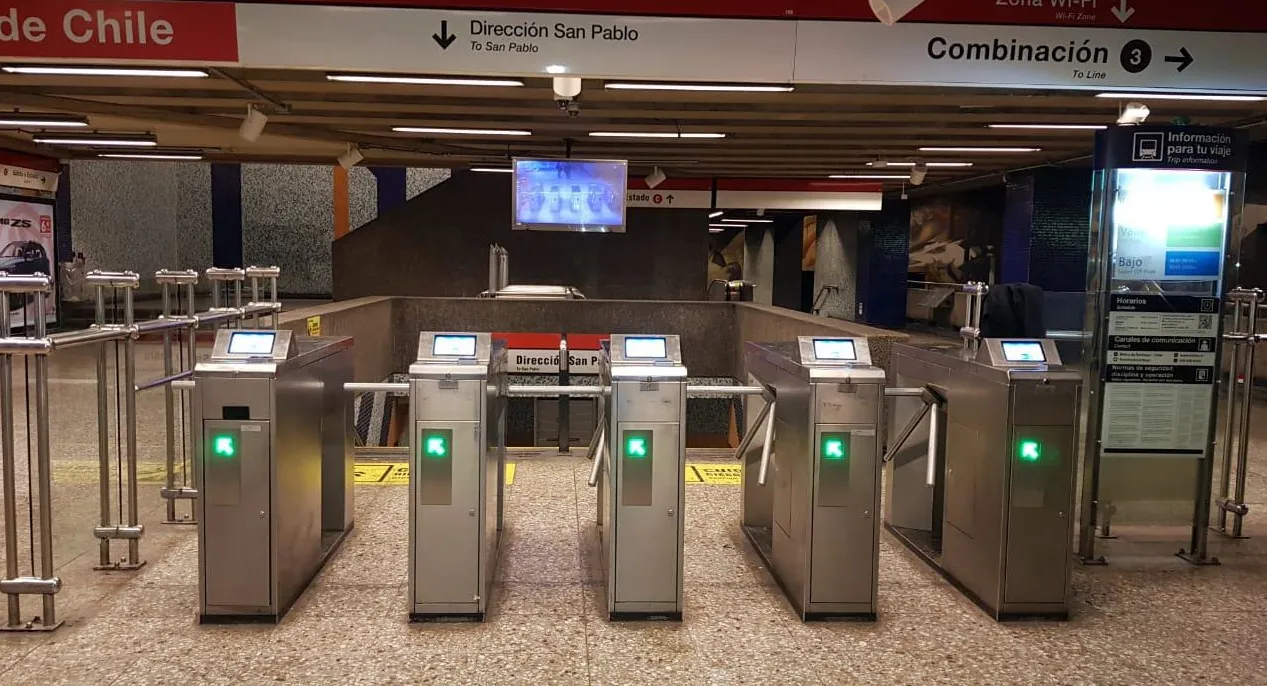Höft & Wessel is developing what it claims is the world's first Bluetooth reader for e-tickets as a wireless extension for handheld devices in long-distance passenger transport for the Danish State Railway (DSB).
March 26, 2012
Read time: 1 min
Höft & Wessel is developing what it claims is the world's first 1835 Bluetooth reader for e-tickets as a wireless extension for handheld devices in long-distance passenger transport for the 4330 Danish State Railway (DSB). The external mobile control terminal for electronic tickets extends the functionality of any handheld devices without RFID, OCR or barcode readers. The lightweight, easy-to-operate system reads the tickets via a secure Bluetooth connection.
In the first phase of deployment, DSB plans to deploy about 1,400 devices for use by its train attendants. Additional transport companies throughout Denmark are to be equipped with the terminals in a second stage.
The system supports e-ticketing standards such as3836 ITSO, VDV-KA and Calypso, but Höft & Wessel claim the knock-out feature is that the system can also be used as a stand-alone solution, and that it can be optionally fitted with WLAN and NFC functionality.
In the first phase of deployment, DSB plans to deploy about 1,400 devices for use by its train attendants. Additional transport companies throughout Denmark are to be equipped with the terminals in a second stage.
The system supports e-ticketing standards such as










